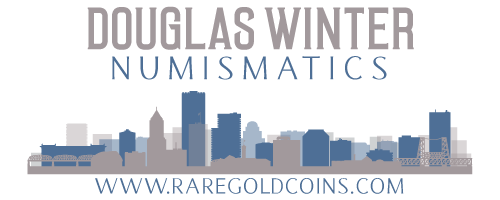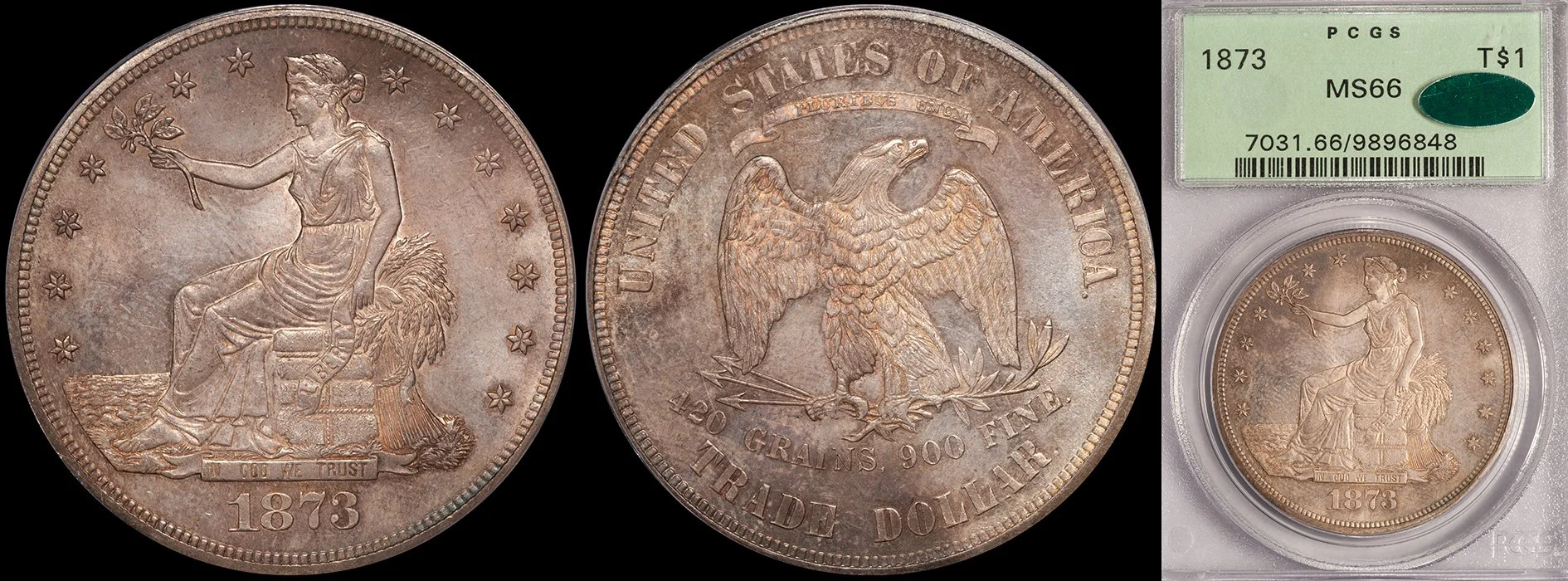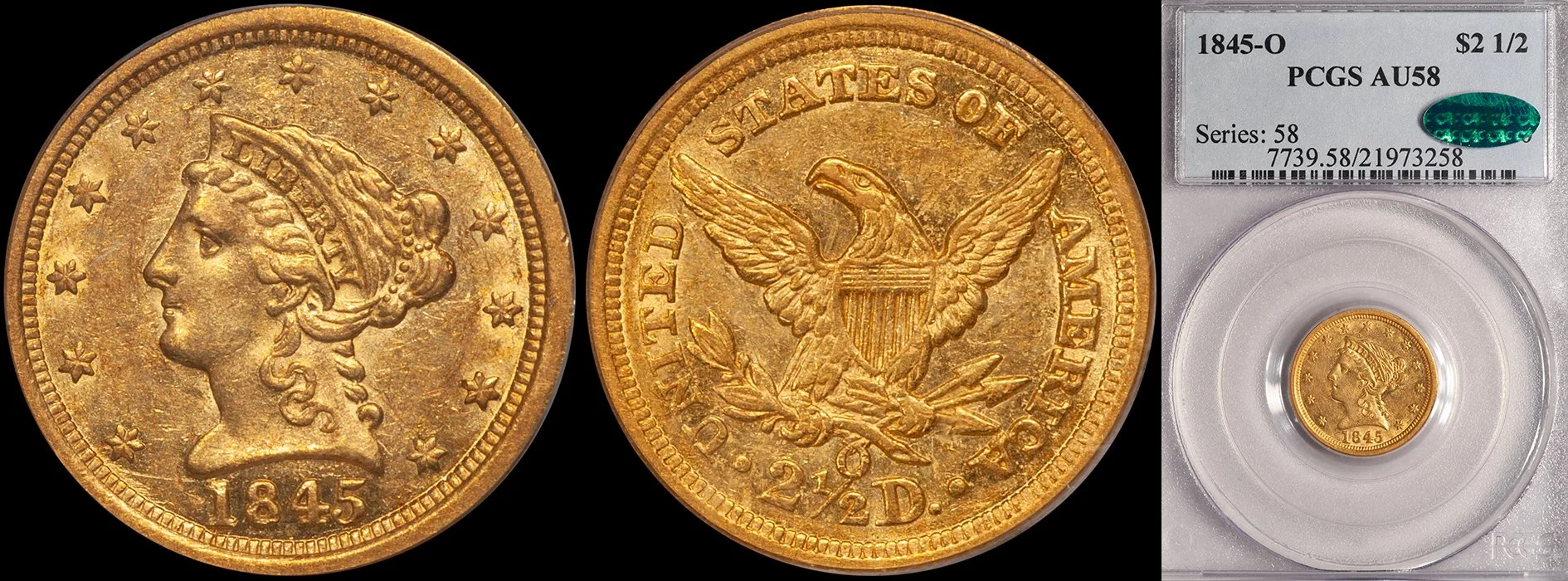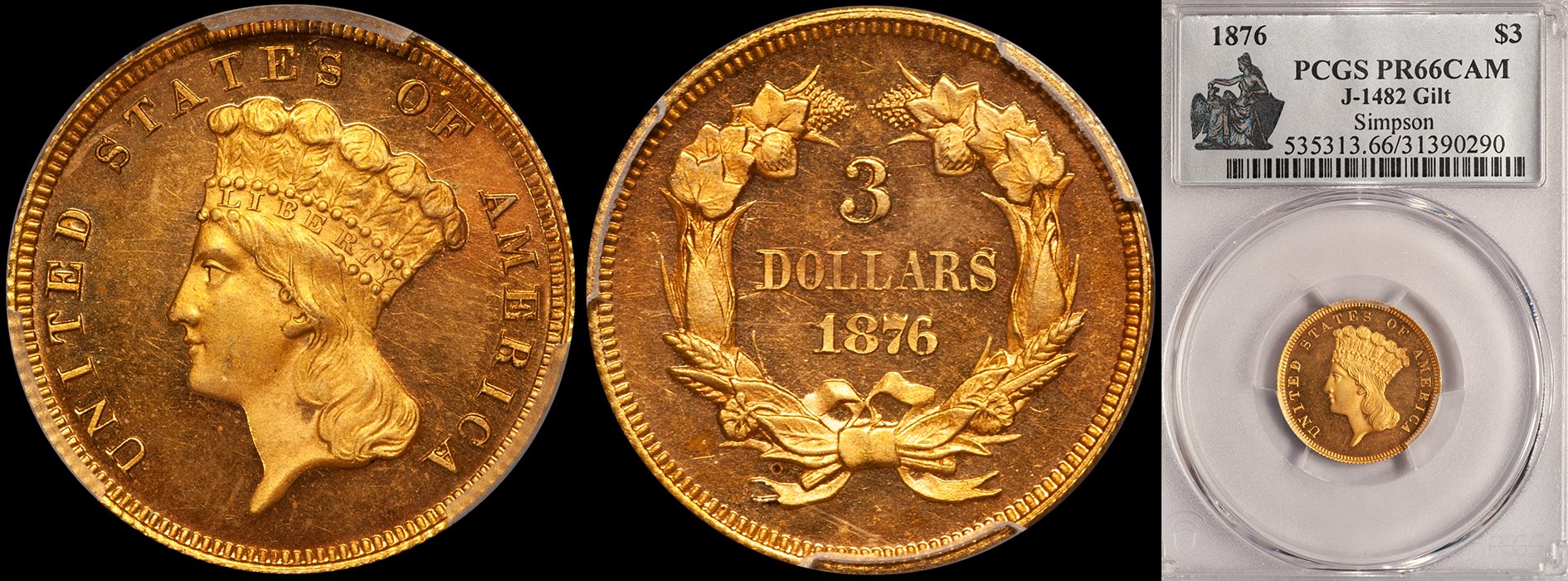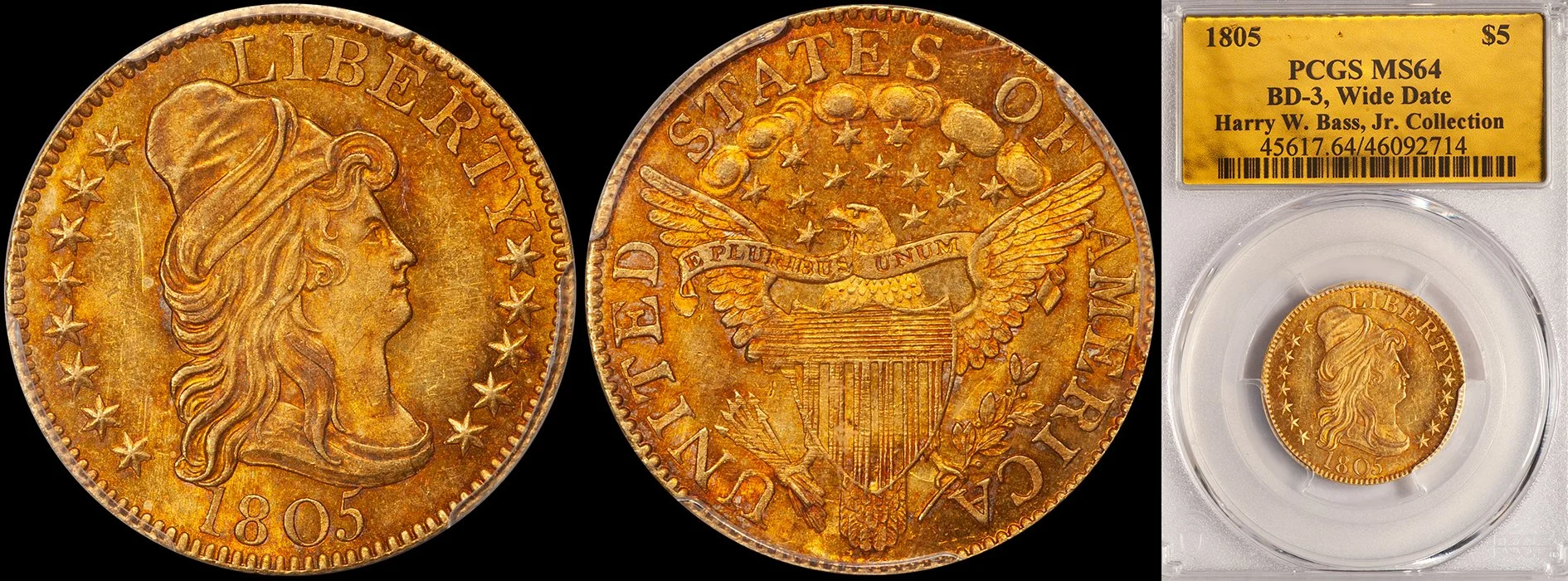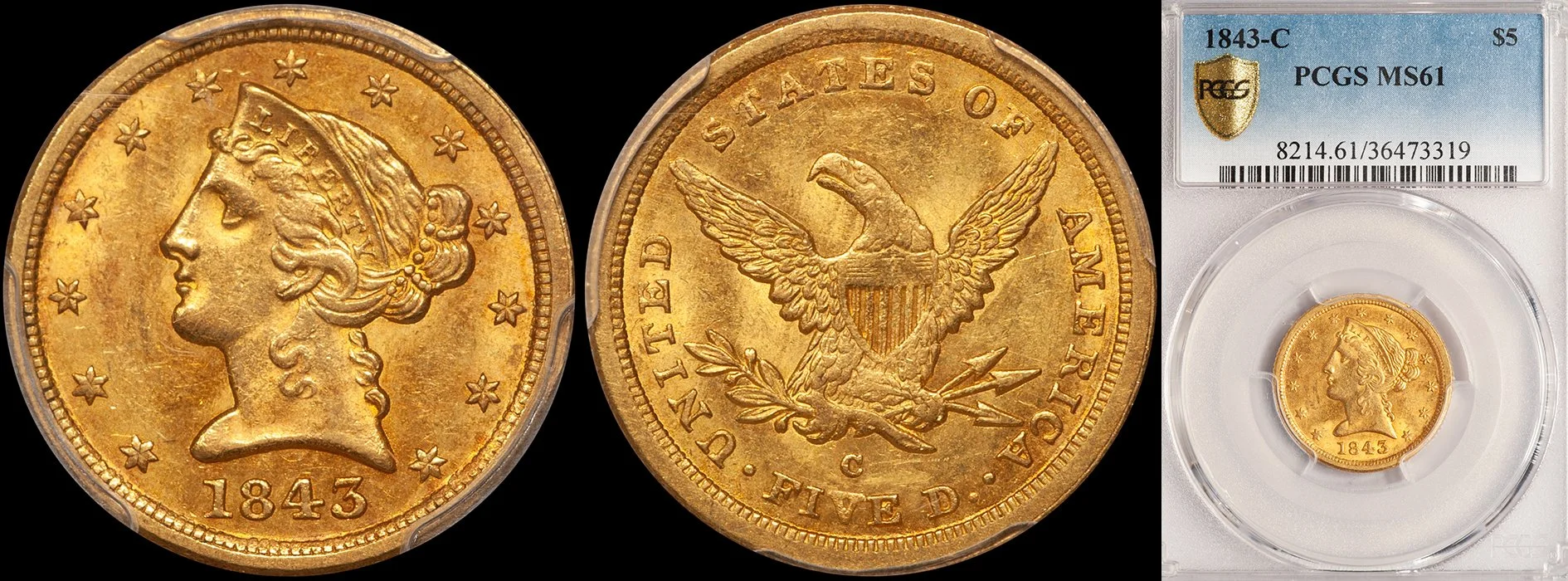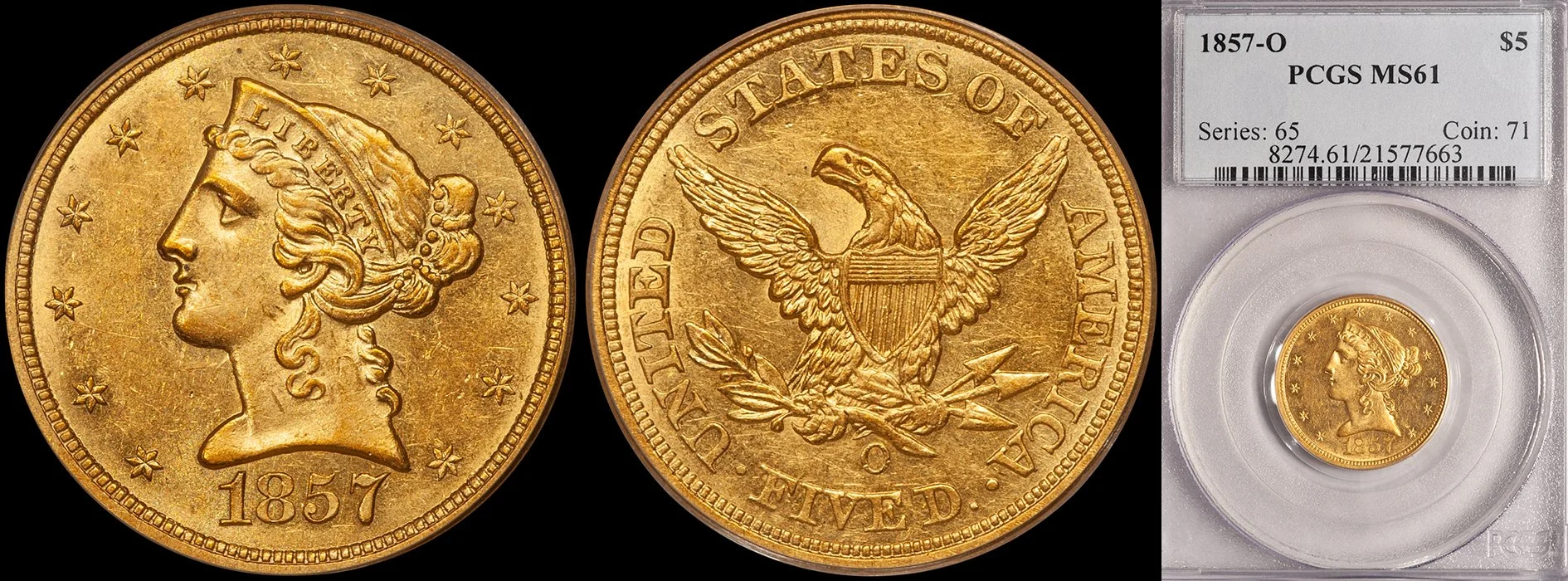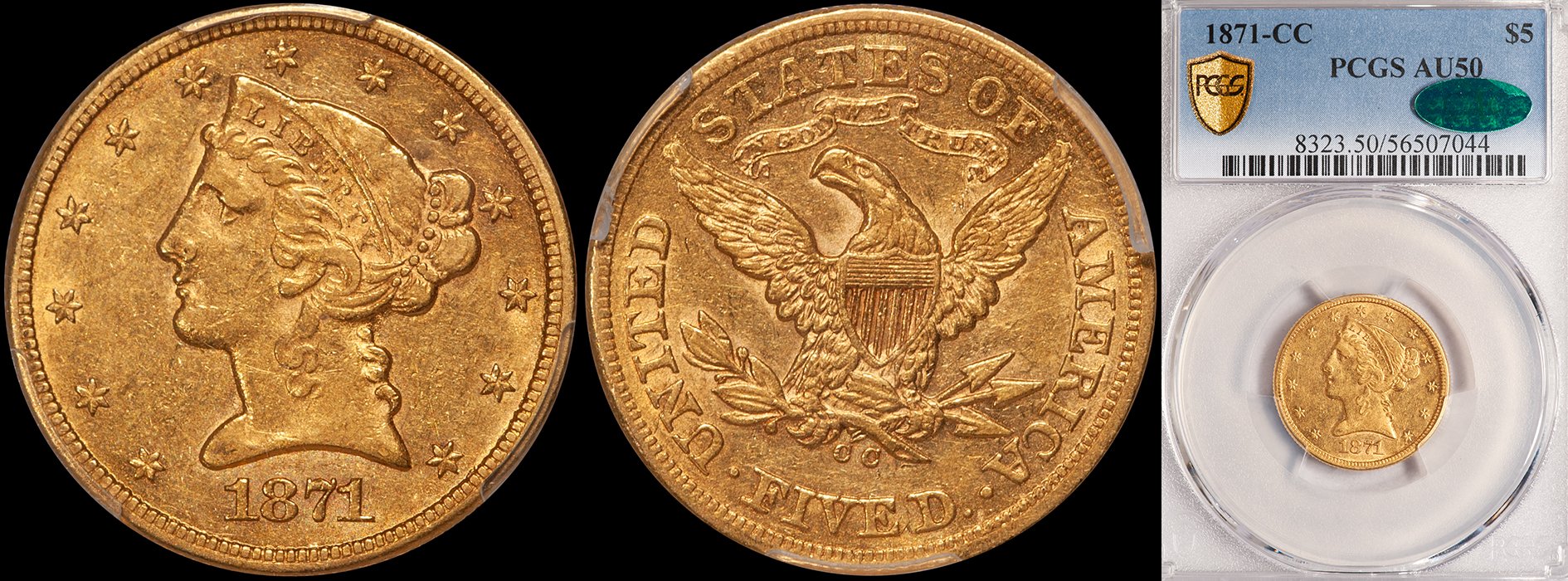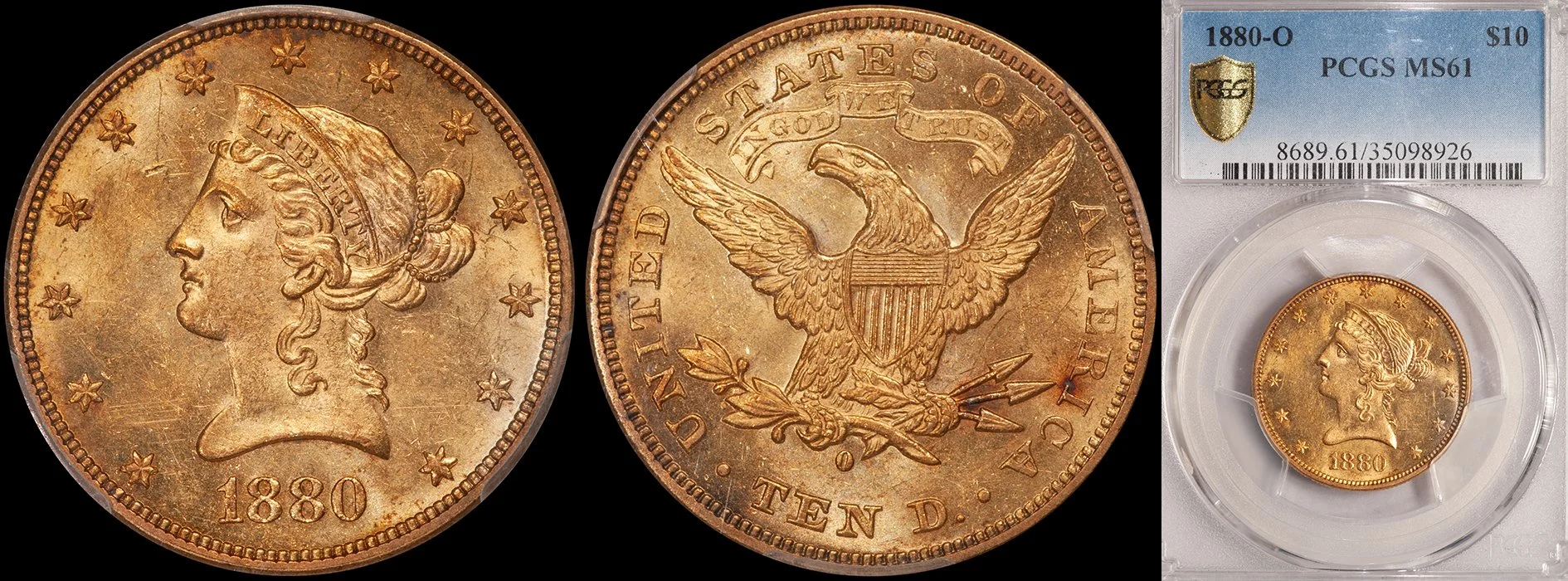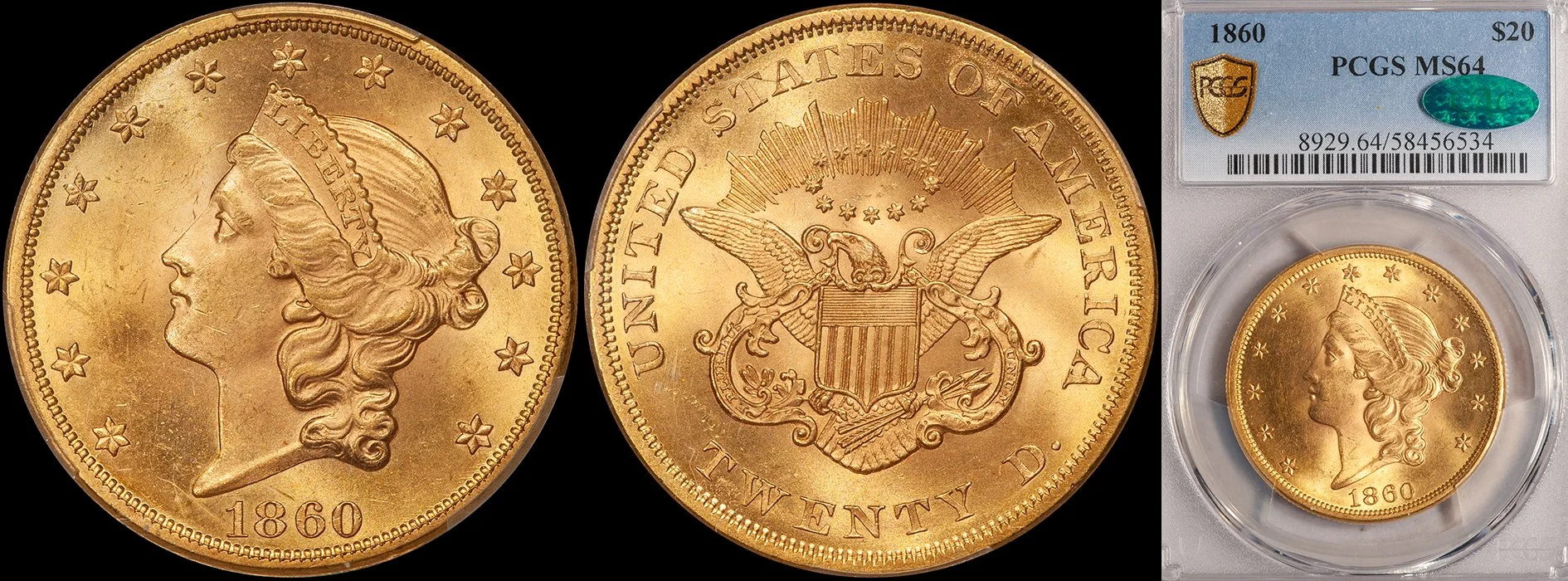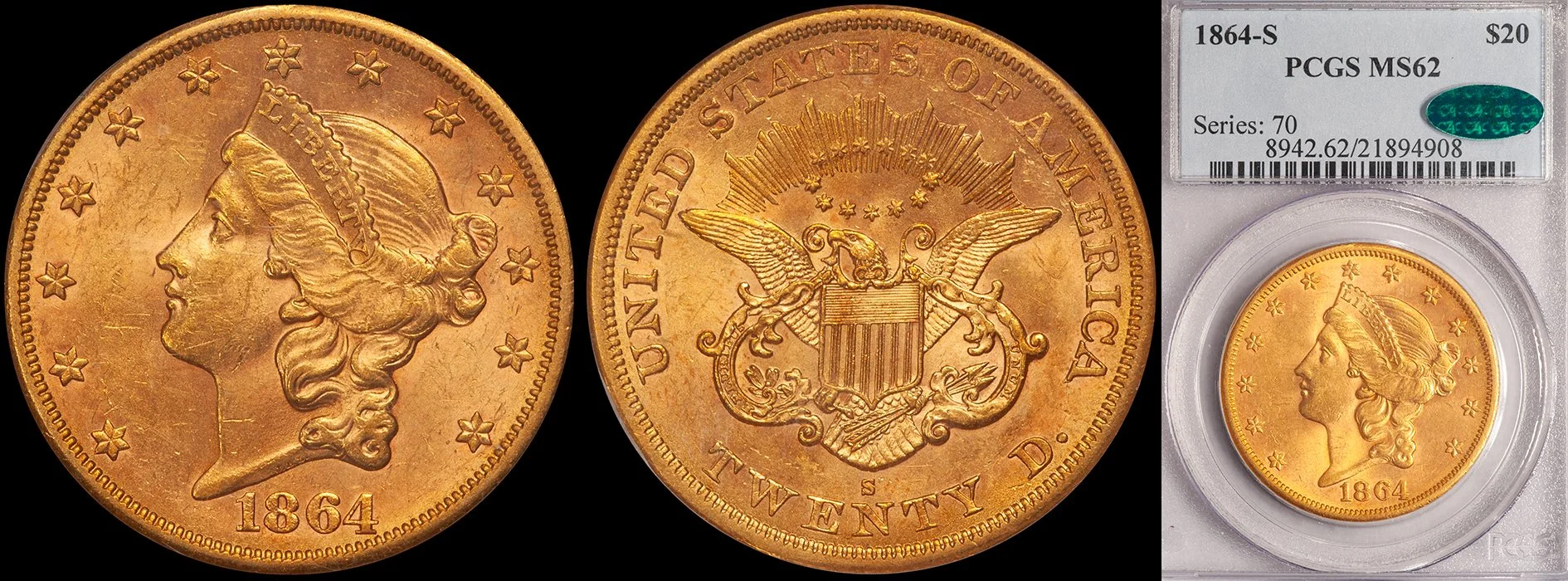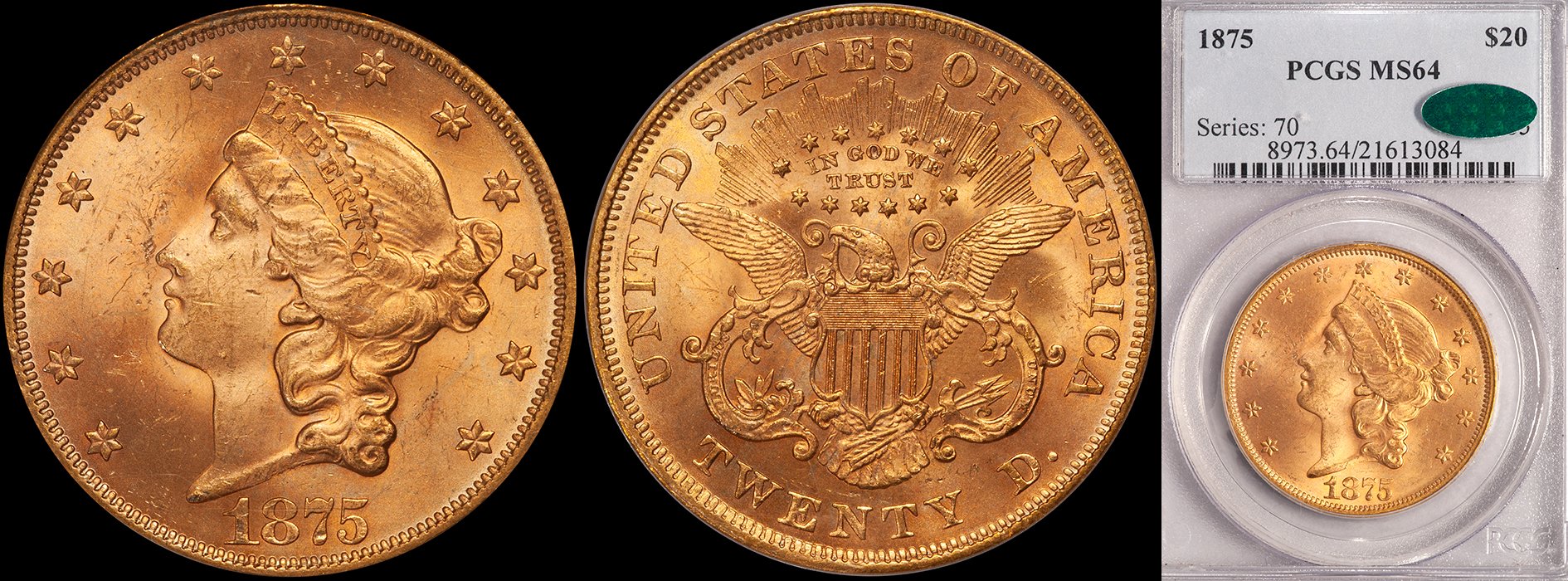How Not to Get Ripped-Off When Buying Rare US Coins
/This series of blogs, to be published over the course of the nest few months, is a step-by-step guide to purchasing vintage United States gold coinage with relatively low risk. As with any asset class, rare gold coins have considerable downside risk; there are natural peaks and valleys in the long-term permutations of this (or any) market. Risk can be minimalized by following some basic—and some not-so-basic—steps.
1810 Large Date, Large 5 $5.00 in PCGS MS63 CAC
1. Buy Only PCGS or NGC Coins
As the two leading rare coin grading services, PCGS and NGC offer the consumer degrees of protection which are virtually unmatched in any other collectible. I have my personal quibbles with both of the services, but the bottom line is that they are essential to any coin purchase for a number of reasons. Some of these are as follows:
a. You can be assured that any coin which is encapsulated by PCGS or NGC is genuine. With good quality fake US gold coins abundant in today’s market periphery, this alone makes a graded coin very important to the neophyte.
b. Coins graded by PCGS and NGC are, at the very least, decent quality for the grade. Many of the coins which have been graded by third-world services are blatantly overgraded; to the degree that a coin slabbed by one of these pseudo services as “MS65” might not even be Uncirculated.
c. PCGS and NGC coins are less likely to have hidden problems such as spot removal, smoothing of the fields to remove marks, rim filing, lazering on Proof coins to remove hairlines, or artificial “antiquing” to make the coin appear to be wholesome and “original.”
d. PCGS and NGC coins which have been attributed as to their variety or type are generally accurate.
e. PCGS and NGC slabs offer the collector a safe storage space as they are non-reactive for gold coins.
MCMVII (1907) $20.00, Wire Edge, NGC MS62 CAC,
Collectors should be skeptical of better date or scarcer type US gold coins which are offered in their “raw” state. Given the fact that virtually all gold coins are worth more in PCGS/NGC holders than they are unencapsulated (or in a third-world holder) why would a reputable seller be offering them raw? There are, of course, exceptions to this. Some smaller auction firms offer raw coins which have never been sent to PCGS or NGC, but these are potential land mines for all but the most sophisticated buyers. The same goes for raw coins being offered on Ebay. Even if these are from sellers with reasonably high feedback, they should—in most cases—be avoided.
